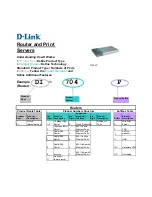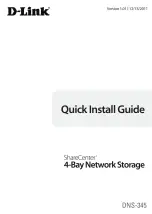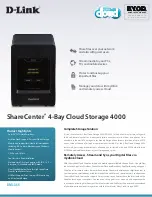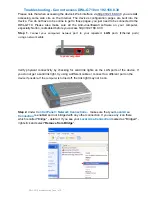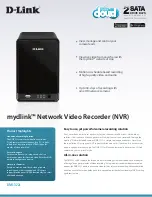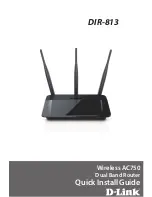
370
Appendix D
Using SNAplus2 in a High Availability Environment
Using SNAplus2 with MC/ServiceGuard
snapadmin start_ls, ls_name=HALS
LS details are:
Activation state =
active
Port name =
HAPORT
In this example, the state of the LS is active, which means the server is
currently providing SNA network connectivity to a remote SNA system.
The
snapadmin start_ls
command is not useful as a Service
Command, however, because the command returns after displaying the
state information. If
snapadmin start_ls
were used as a Service
Command, ServiceGuard would interpret the termination of the
snapadmin start_ls
process as an indication that the SNAplus2
package had failed. For this reason, the snapmon utility has been
provided for use as a Service command in an SNAplus2 package.
The snapmon utility continuously monitors the state of an SNAplus2
LS by querying SNAplus2 to determine if it is active. If the LS is ever
reported to be in a state other than active, the program terminates. The
only exception is during initialization, when certain errors can be
ignored.
Usage:
snapmon [-i
interval
] [-r
retry_count
]
conname
conname
identifies which SNAplus2 LS is being monitored
interval
specifies the number of seconds that snapmon waits
between attempts to obtain the status of the LS . If this
parameter is not specified, snapmon will pause 5
seconds between queries. Any number between 1 and
3600 (inclusive) can be specified.
retry_count
specifies how many times snapmon will allow the LS
to be reported in a state other than active when
snapmon is starting. This option is useful if the LS is
configured to be initially active, and the SNAplus2
control daemon, node, port, LS , and snapmon are all
started by ServiceGuard. It allows the LS enough time
to establish communications with the remote system
Summary of Contents for HP-UX SNAplus2
Page 4: ...4 ...
Page 14: ...14 Contents ...
Page 22: ...22 ...
Page 23: ...23 1 SNA Terms and Concepts ...
Page 65: ...65 2 Introduction to SNAplus2 ...
Page 107: ...107 3 Administering SNAplus2 ...
Page 132: ...132 Chapter3 Administering SNAplus2 Using the Command Line Administration Program ...
Page 133: ...133 4 Basic Configuration Tasks ...
Page 142: ...142 Chapter4 Basic Configuration Tasks Configuring Logging ...
Page 143: ...143 5 Defining Connectivity Components ...
Page 167: ...167 6 Configuring Dependent LUs ...
Page 174: ...174 Chapter6 Configuring Dependent LUs Defining LU Pools ...
Page 175: ...175 7 Configuring APPC Communication ...
Page 208: ...208 Chapter7 Configuring APPC Communication Configuring APPC Security ...
Page 209: ...209 8 Configuring User Applications ...
Page 222: ...222 Chapter8 Configuring User Applications Configuring RJE Workstations ...
Page 223: ...223 9 Configuring Passthrough Services ...
Page 235: ...235 10 Managing SNAplus2 from NetView ...
Page 248: ...248 Chapter10 Managing SNAplus2 from NetView Using UCF ...
Page 249: ...249 11 Managing SNAplus2 Clients ...
Page 300: ...300 Chapter11 Managing SNAplus2 Clients Managing HP UX Clients ...
Page 301: ...301 A Configuration Planning Worksheets ...
Page 337: ...337 B APPN Network Management Using the Simple Network Management Protocol ...
Page 343: ...343 C Configuring an Invokable TP Using snaptpinstall ...
Page 353: ...353 D Using SNAplus2 in a High Availability Environment ...
































